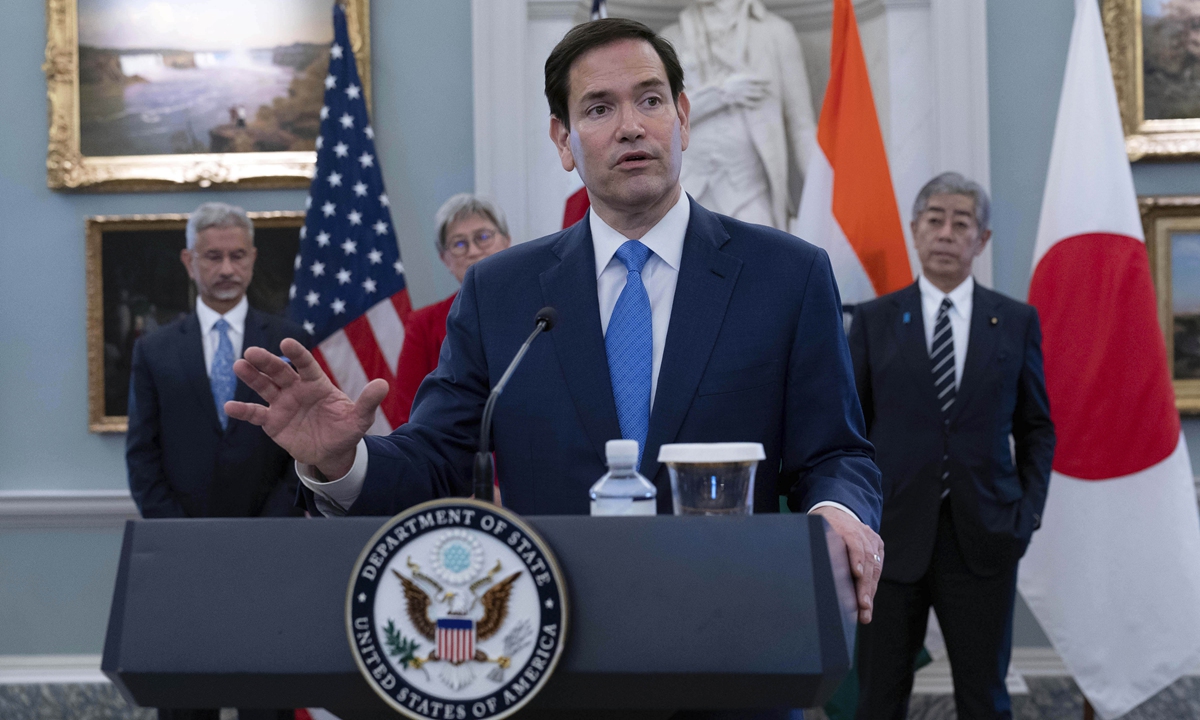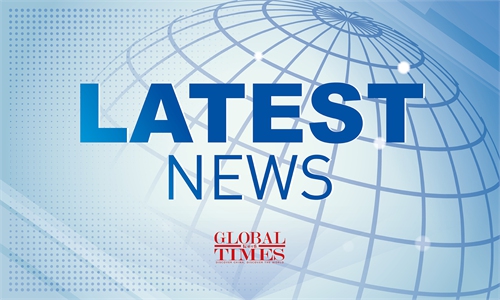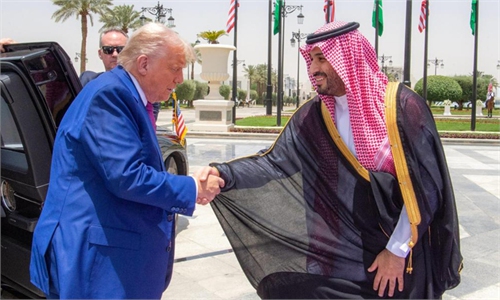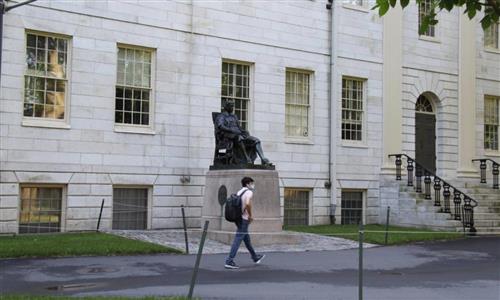Quad foreign ministers meet amid deepening division, suspicion over US' unilateral policies

US Secretary of State Marco Rubio, accompanied by (from left) Indian External Affairs Minister Subrahmanyam Jaishankar, Australian Foreign Minister Penny Wong and Japanese Foreign Minister Iwaya Takeshi, speaks to the media before the Indo-Pacific Quad meeting at the State Department in Washington, Tuesday, July 1, 2025.?Photo: VCG
US Secretary of State Marco Rubio is set to host his Australian, Indian and Japanese counterparts on Tuesday, seeking to boost efforts to "counter China," Reuters reported, although the report also noted that trade and other bilateral disagreements introduce friction into the relationships.
A Chinese expert said the US' tariff policies on Quad members have triggered a backlash, which significantly weakens the group's cohesion, while skepticism over US reliability in defense cooperation further erodes trust. With internal divisions far outweighing consensus, the Quad has appeared more like "a product of Washington's wishful thinking" to sustain its hegemony.
State Department spokesperson Tammy Bruce told reporters on Monday that Quad partners would "reaffirm shared commitment to a free and open Indo-Pacific," per the Reuters report.
As the meeting convenes, the coast guards of the four countries have launched the first-ever "Quad-at-sea" mission to boost operational coordination and interoperability in the Indo-Pacific, PTI News reported Monday, a decision that was taken at the group's annual summit in Wilmington, US, in September last year.
Despite pledging unity, ties among the grouping have been strained under the US administration's global tariff offensive from which none of the Quad members have been spared, Reuters reported on Tuesday.
Other issues are also putting pressure on relations. US President Donald Trump on Monday threatened to unilaterally slap a new tariff on Japan if it does not agree to import more American goods. "To show people how spoiled Countries have become with respect to the United States of America, and I have great respect for Japan, they won't take our RICE, and yet they have a massive rice shortage," Trump wrote in a post on Truth Social. "In other words, we'll just be sending them a letter, and we love having them as a Trading Partner for many years to come," Politico reported.
Japan last week scrapped the planned July 1 meeting in Washington of foreign and defense ministers (known as "2+2") with the US, citing an unofficial overture from Washington requesting Tokyo to increase its defense spending to 3.5 percent of GDP. According to the Financial Times, the demand sparked anger in Tokyo.
Meanwhile, the third-most senior Pentagon official Elbridge Colby has created anxiety in Australia by launching a review of the massive AUKUS project to provide the country with nuclear-powered submarines.
"The US' tariff policies have already triggered a backlash among its Quad allies, directly undermining their economies and exposing the unilateral nature of US policy. This has fundamentally weakened the cohesion of the grouping," Chen Hong, director of the Asia Pacific Studies Center at East China Normal University, told the Global Times.
In defense cooperation, US commitments have also shown signs of unreliability. For instance, scrutiny of the AUKUS nuclear submarine project has raised serious concerns in Australia about the US' credibility. Additionally, Washington's push for Japan to sharply increase its defense spending has met with resistance from Tokyo. This growing skepticism toward US reliability is further eroding the foundation for coordinated action within the Quad, Chen added.
Under such circumstances, the Quad can only reach limited consensus in relatively low-sensitivity areas, such as maritime security. However, its long-term effectiveness is increasingly being called into question, the expert said.
Tuesday's meeting will be a chance to refocus attention on the region seen as the primary challenge for the US in the future, the Reuters report said.
Washington's hosting this Quad foreign ministers' meeting is, in part, an attempt to mend ties with its allies and to reassert its leadership, Chen said. By organizing joint maritime coordination, Washington hopes to showcase alliance unity and reverse its unfavorable diplomatic momentum.
The move also serves to deflect domestic pressures. Facing a debt crisis, high inflation, and next year's midterm elections, the current US administration sees hyping up the "China threat" narrative as a way to divert public attention and justify its protectionist policies. It also helps obscure America's own structural problems, including industrial hollowing-out, Chen noted.



